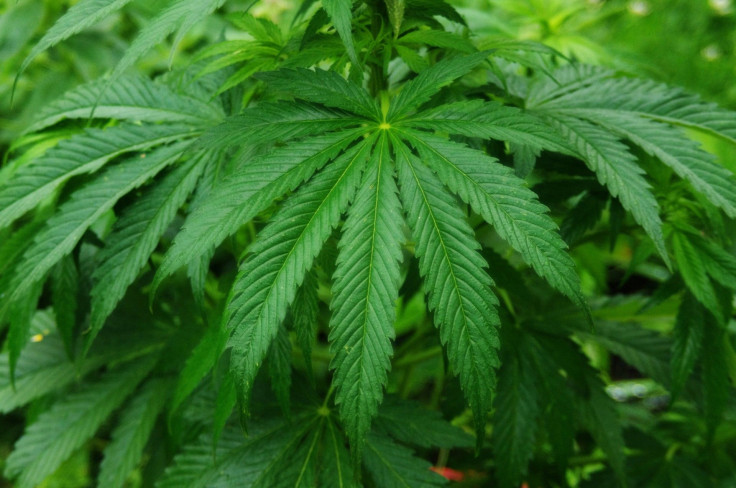Cannabis Use Post Psychiatric Care Causes Dramatic Increase In Violent Episodes: Study

A new study by Institut en santé mentale de Montréal, Canada, has shown that use of marijuana causes an increase in levels of violent behavior in young people who have been discharged after undergoing psychiatric care.
The research by Dr. Alexandre Dumais, psychiatrist at the Institut Philippe Pinel and Dr. Stéphane Potvin Ph.D., a professor at the Université de Montréal, studied 1,136 patients from the age of 18 to 40 who had a prior history of mental illness. Their research gathered the data of their cannabis use over a period after their discharge.
According to this new study published in Frontiers in Psychiatry, users who reported at each follow-up visit that they continued to smoke cannabis presented an increased risk of over 144 percent in violent behavior. The study showed that patients who continued to use cannabis on a regular basis felt violent urges or had violent episodes after discharge. The numbers were much higher in cannabis users.
The results established the negative influence cannabis has on a healing brain. The results show that chronic cannabis use in patients with mental illness is linked to violence even after treatment.
Principal researcher Alexandre Dumais was quoted in a press release on the Institut Philippe Pinel website, “an interesting feature of our results is that the association between persistent cannabis use and violence is stronger than that associated with alcohol or cocaine.”
The study hoped to confirm the link between persistent cannabis use and future violent behavior in patients who leave a psychiatric hospital for follow-up in an outpatient clinic, although the researcher points out that this behavior tends to fade with time.
“This decrease could be explained by better adherence to treatment (the patient becomes more involved in their treatment over time) and by better support from their entourage. Even though we observed that violent behavior tended to decrease during follow-up periods, the association remained statistically significant,” noted Dr. Dumais.
The research results also suggest that there is no reciprocal relationship, that is, the use of cannabis resulted in future violent behavior and not the reverse. This meant that people who smoke pot after a violent episode did not find cannabis to be a trigger for future violent episodes.
A recent meta-analysis of neuroimaging studies demonstrated that chronic cannabis users have deficits in the prefrontal cortex, a part of the brain that inhibits impulsive behavior. This makes chronic pot users more prone to acting out as the damage to their prefrontal cortex adds up over time. The study showed that sustained use made the problem worse and the the team hopes that their study will spur further research on this hotly debated subject.
These results are important because they offer additional information to young adults, who can evaluate the risks of cannabis before deciding whether or not to use it. They will also serve as a tool to develop strategies to prevent the risk of violence associated with cannabis, since these risks have important consequences, both socially and for the health of young adults and for society in general, said the release .
© Copyright IBTimes 2024. All rights reserved.





















